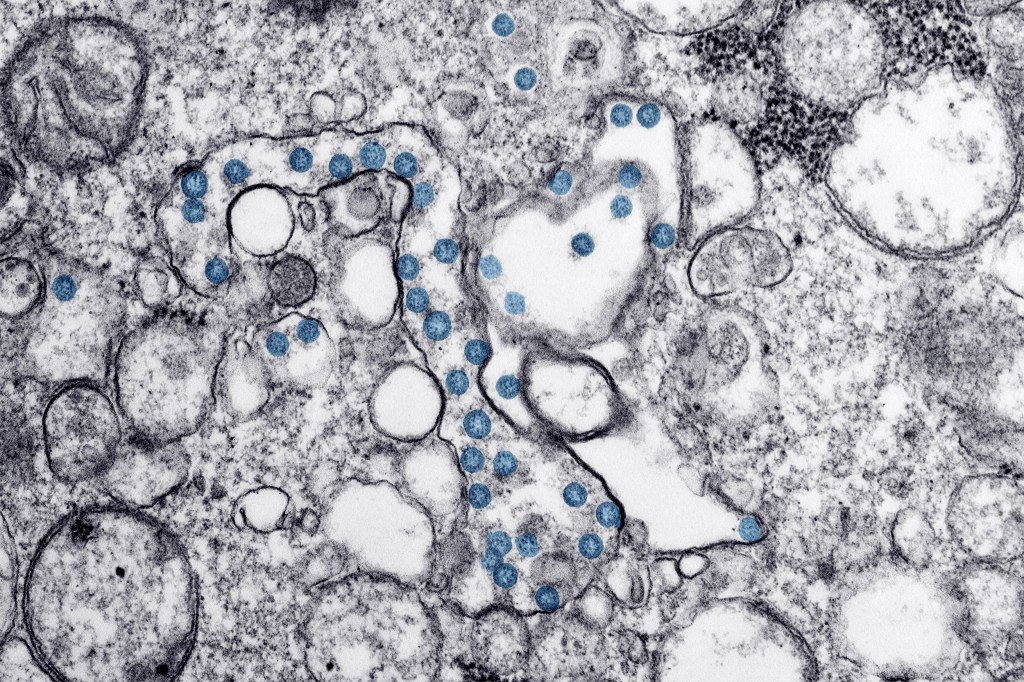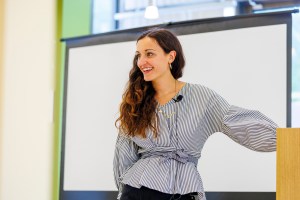The Coronavirus Update
-
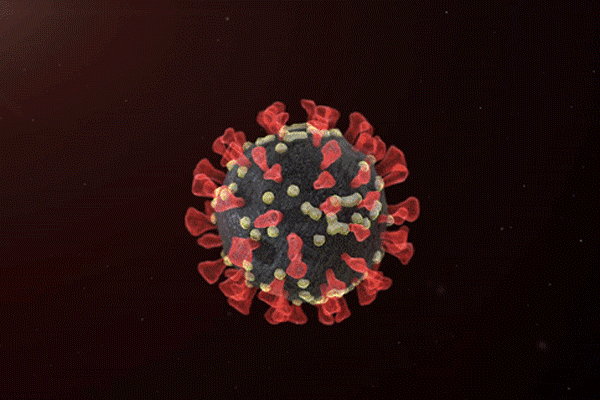 Science & Tech
Science & TechStaying ahead of virus mutations
EVEscape uses evolutionary and biological information to predict how a virus could change to escape the immune system.
-
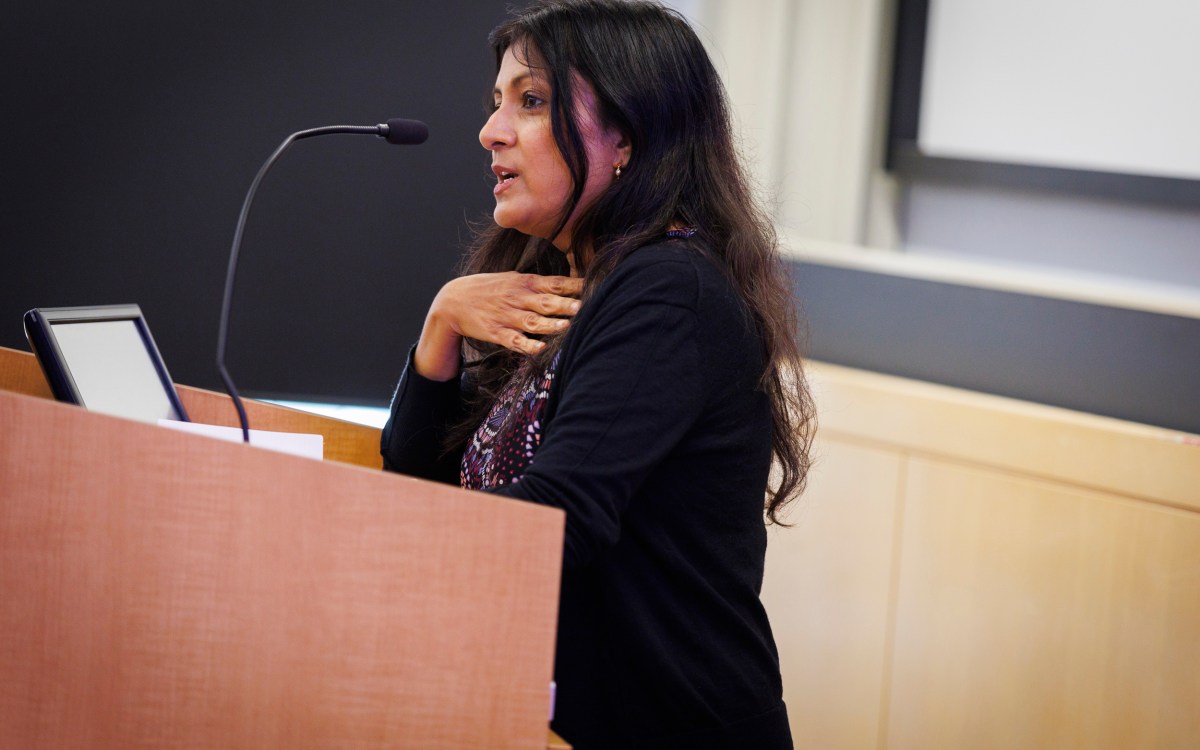 Nation & World
Nation & WorldHow federal missteps opened door to COVID misinformation
Anti-vaxxers, others benefited from mistrust engendered by early stumbles in messaging about virus, prevention, says New York Times health and science reporter Apoorva Mandavilli.
-
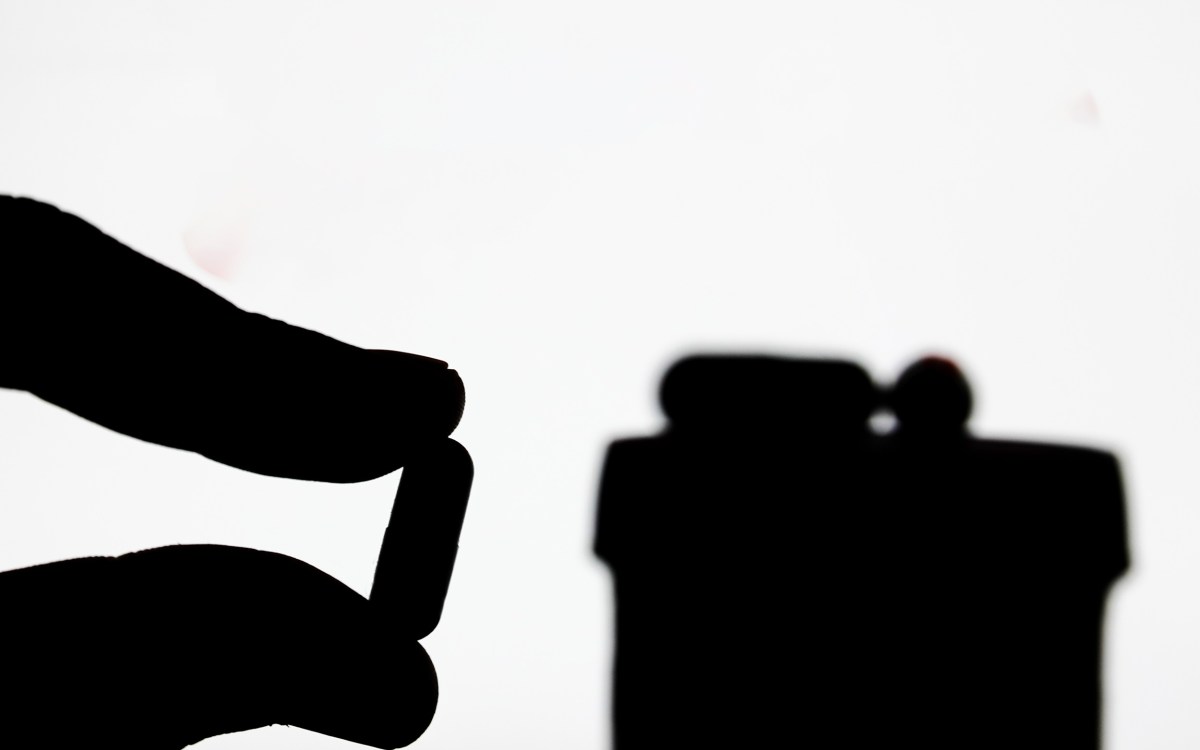 Science & Tech
Science & TechA COVID cure worse than the disease?
Some worry a treatment that kills SARS-CoV-2 by helping it mutate could spawn a super virus. New research weighs in on its “evolutionary safety.”
-
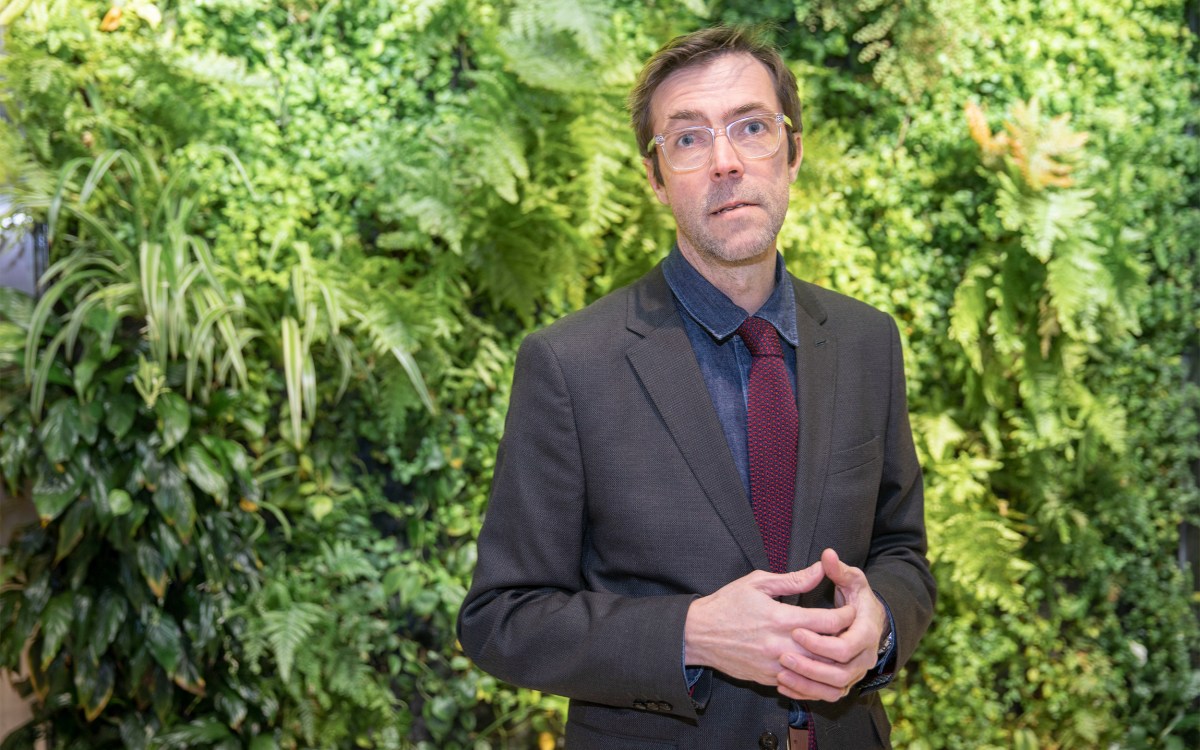 Health
HealthHow durable is your immunity?
William Hanage, an associate professor of epidemiology, talks about hybrid protection, vulnerability of older people, and the wisdom of Taylor Swift.
-
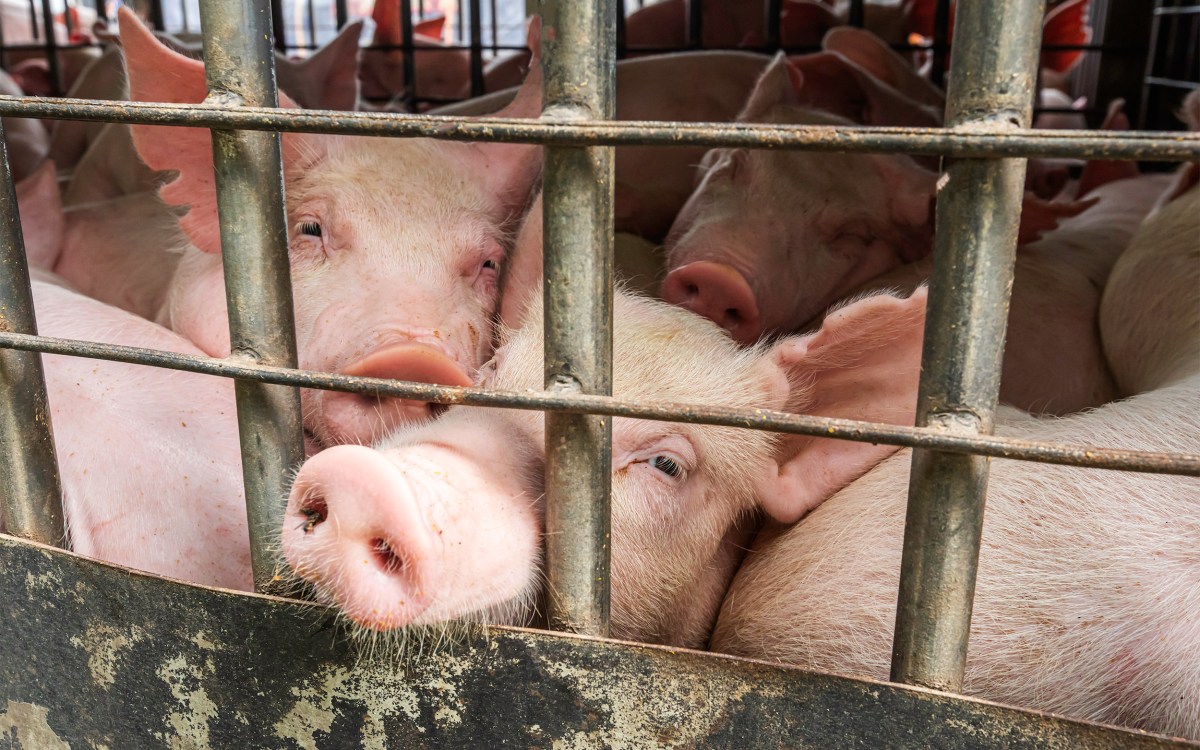 Health
HealthCOVID-19 came from animals. Why aren’t we working to prevent new scourge?
A new study suggests we are as vulnerable as ever to the emergence of another virus as deadly, or even more so, than COVID-19.
-
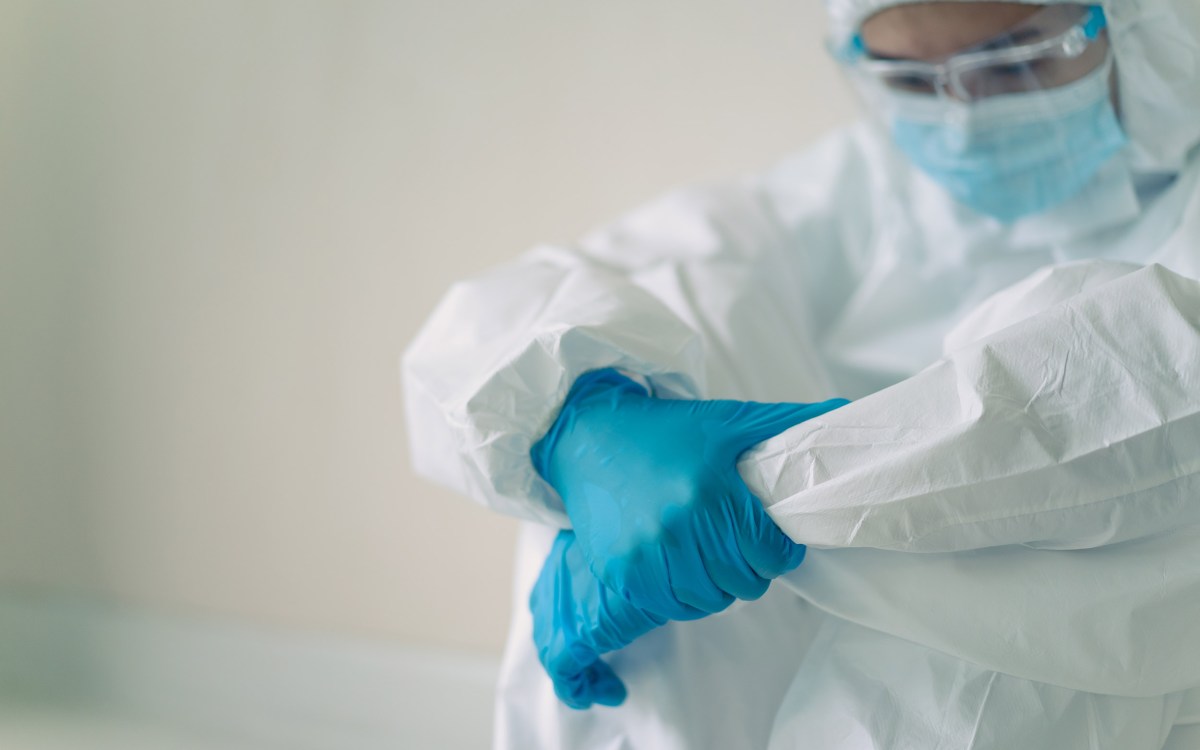 Health
HealthDoctors not the only ones feeling burned out
Through a national survey, researchers identified prevalent work overload, burnout, and intent to leave health care professions among nurses, clinical staff, and non-clinical staff, including housekeeping, administrative staff, lab technicians, and food service workers.
-
Looking back on Harvard’s COVID response one year later
Health experts, leaders, and staff offered input, helped devise Harvard’s coronavirus policy and procedures.
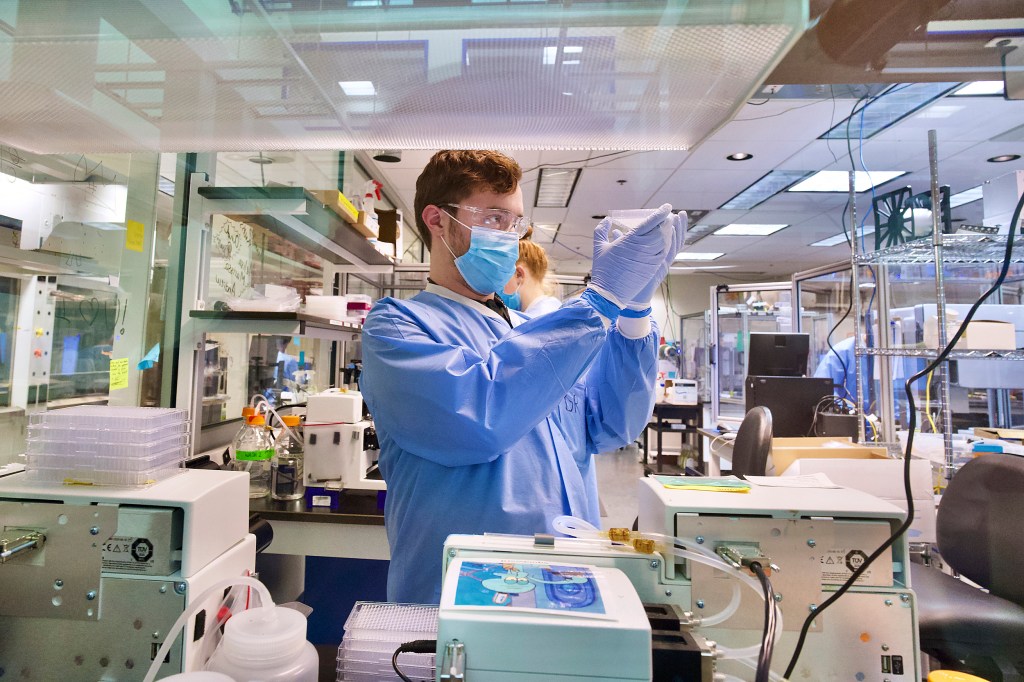
-
Lessons from Katrina on how pandemic may affect kids
Harvard researchers looked at Katrina’s impact on children and how the lessons learned there could be applied to the COVID pandemic.
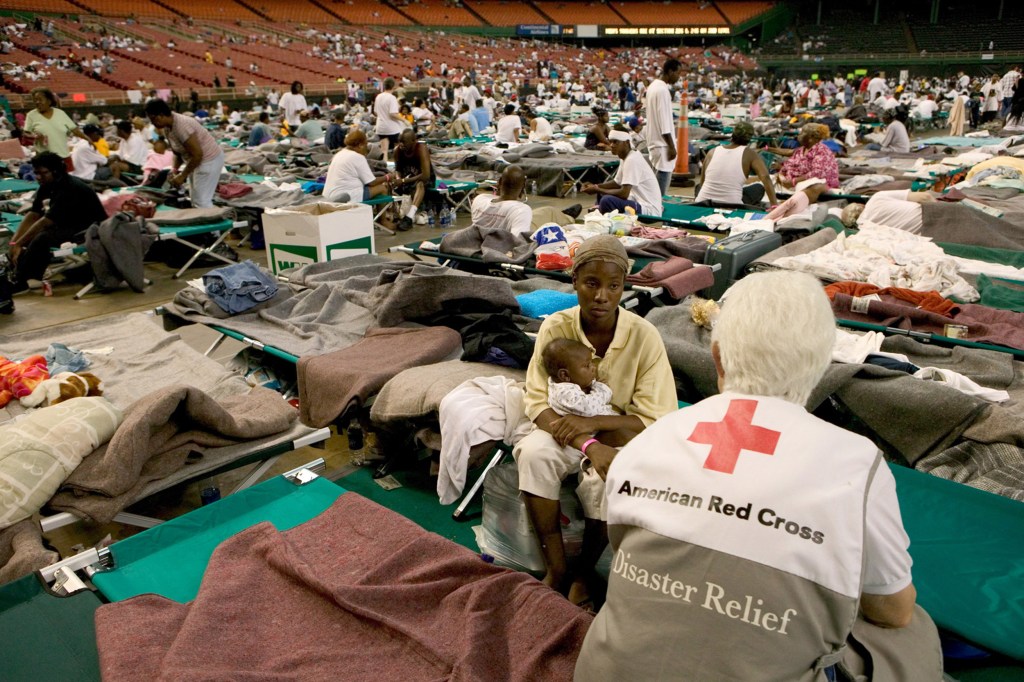
-
When even grief is taken away
With 500,000 deaths due to COVID, the U.S. has become a nation in mourning, often alone, also dealing with the trauma of the pandemic’s other effects, a combination that worries mental health experts.
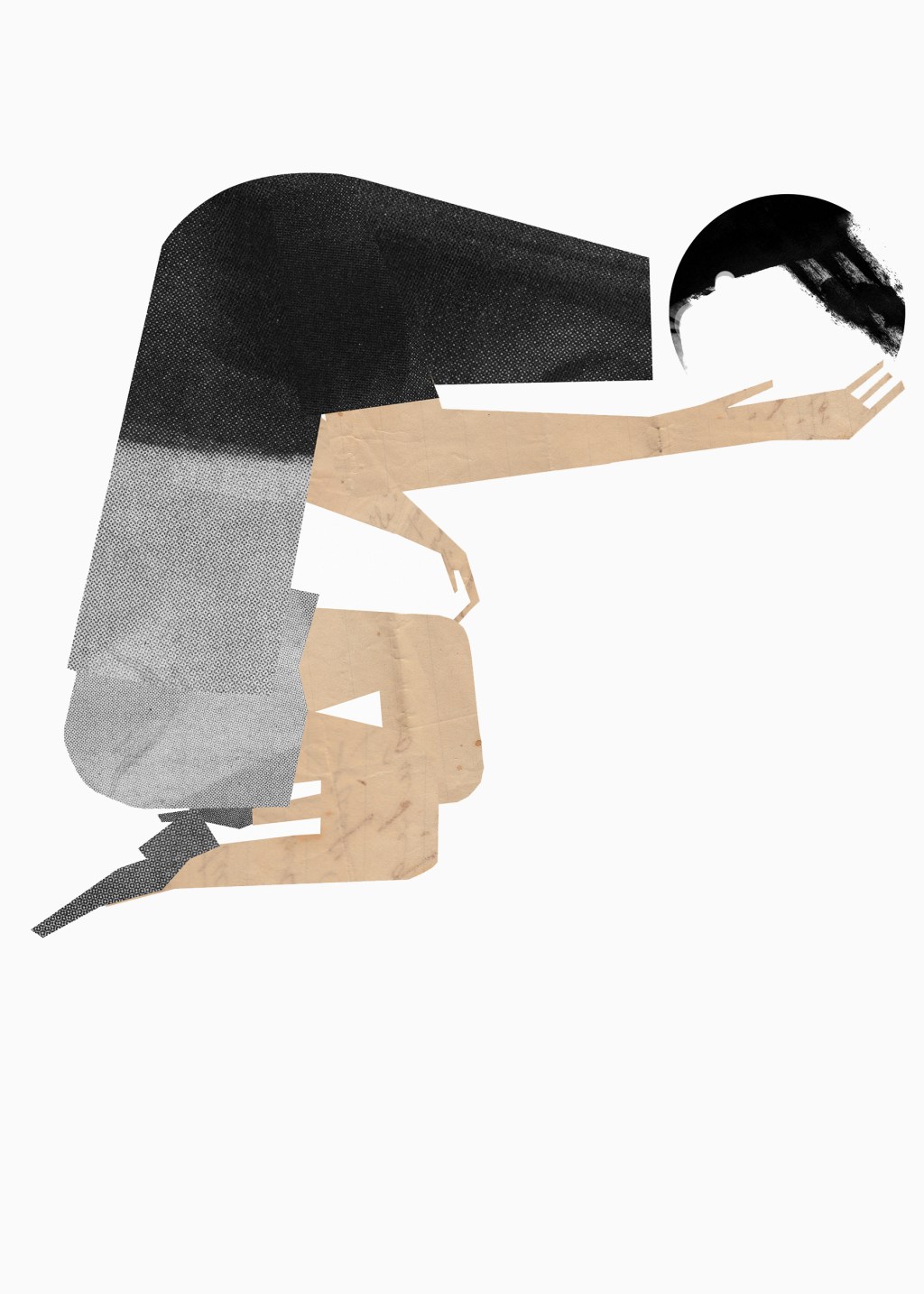
-
Vaccines can get us to herd immunity, despite the variants
Can the current crop of vaccines get us to herd immunity even if variants become widespread? A Harvard immunologist says yes.

-
We may duck a surge from variant that sent Britain reeling
A Harvard epidemiologist said the forces of seasonality, slowly rising immunity, and shifting personal behavior will likely create a viral variant landscape with regional spikes in the months to come rather than a uniform national wave.
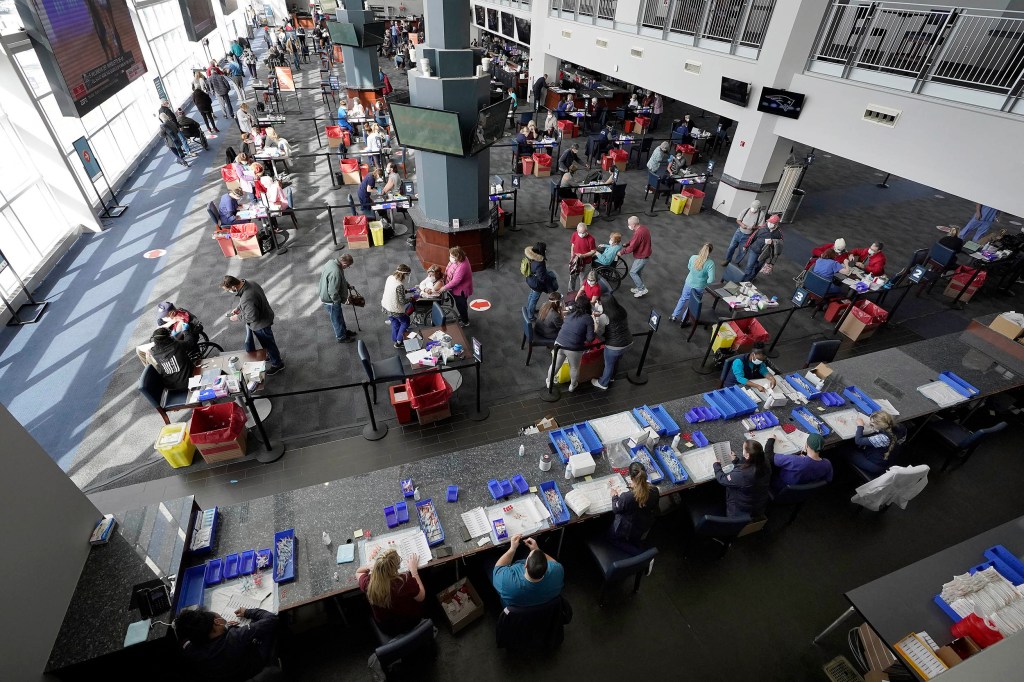
-
So why did the state vaccine-reservation system crash?
David Eaves, an expert on information technology and the government, discusses why governments seemingly struggle to implement tech tools such as vaccine appointments or health insurance enrollment.
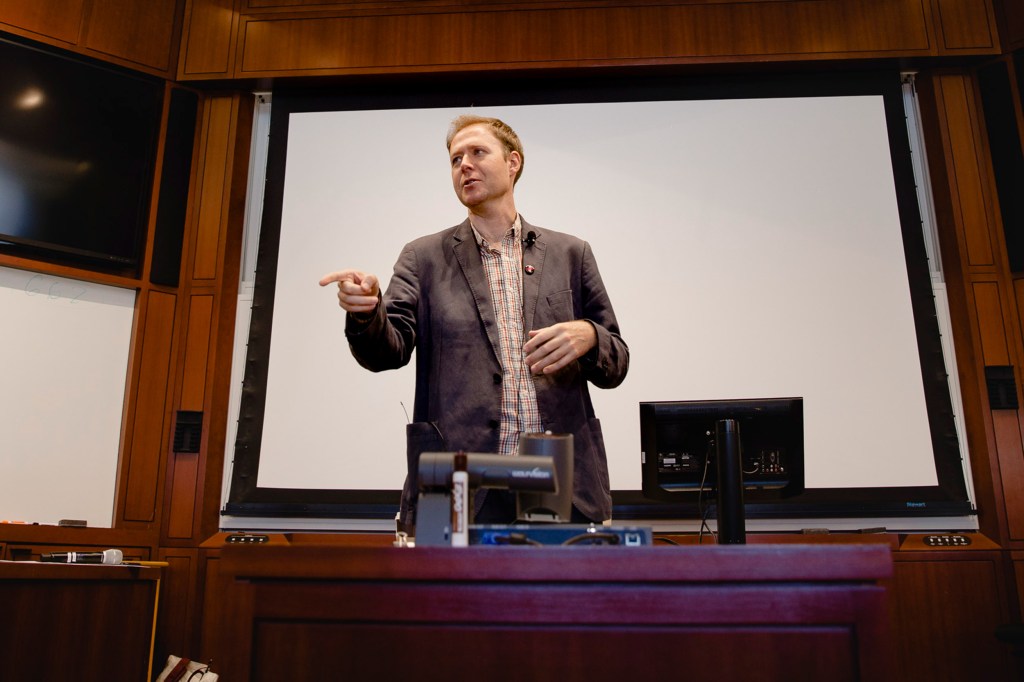
-
Seeded amid the many surprises of COVID times, some unexpected positives
We ask experts in the fields of medicine, biology, public health, education, religion about the unexpected upsides in the coronavirus pandemic.
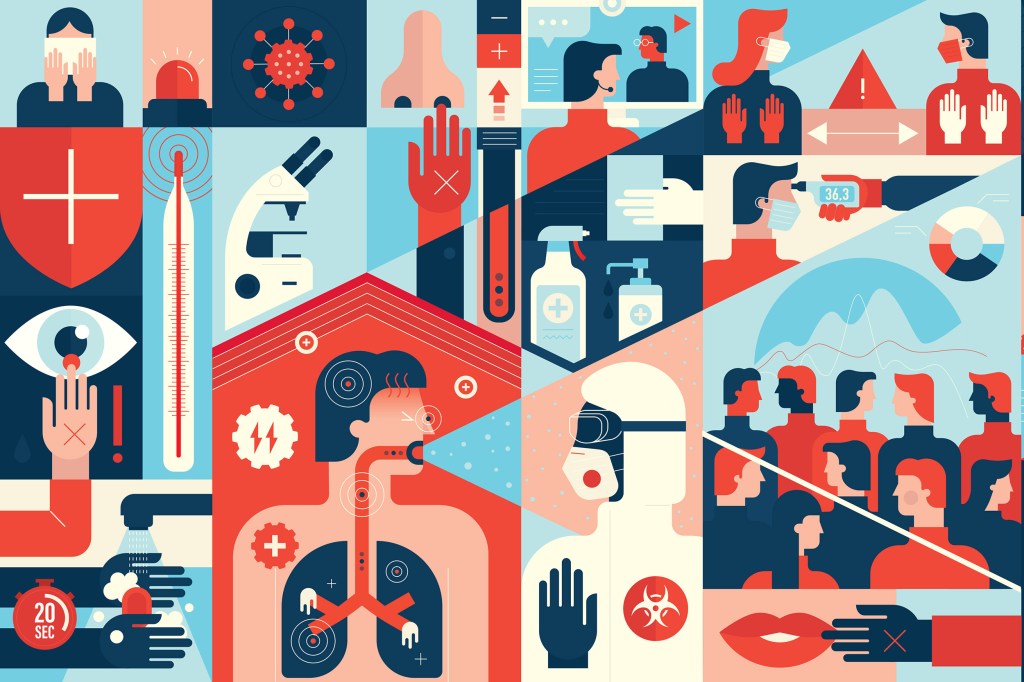
-
Young adults hardest hit by loneliness during pandemic
As experts worry the COVID pandemic is triggering a loneliness epidemic, new Harvard research suggests some of the hardest hit are older teens and young adults.

-
Chan School study gives airports high marks in COVID safety
Harvard scientists say airports are employing a layered approach to make air travel safer for those who must fly.
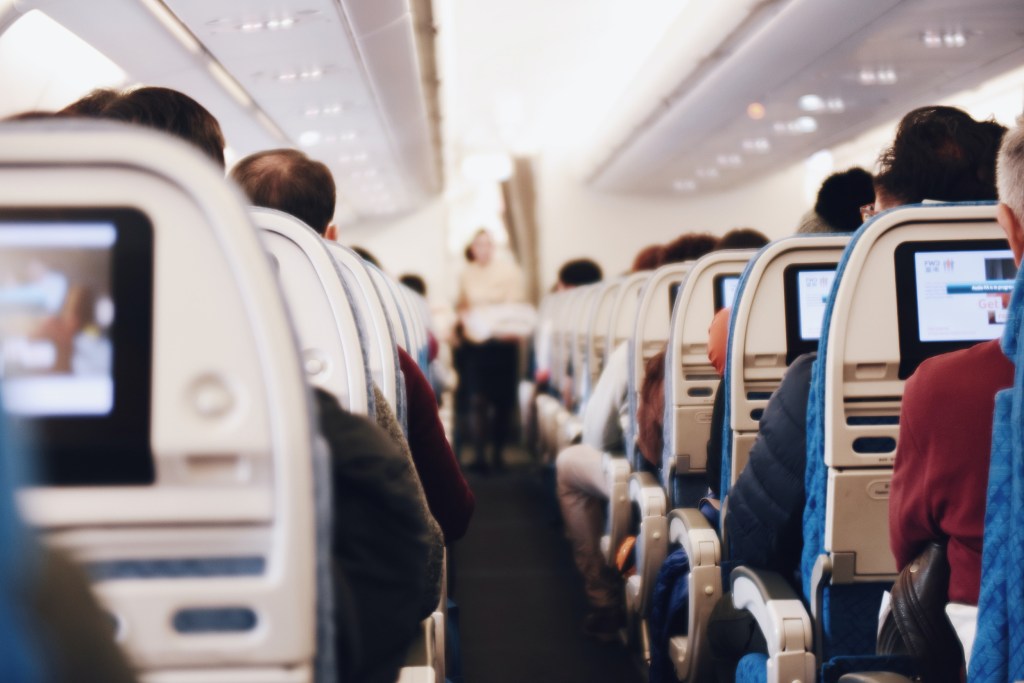
-
Upgrade your mask as more-transmissible COVID strain surges
With new coronavirus variants on the U.S. pandemic scene, experts say brace yourself for another surge — and mask up.
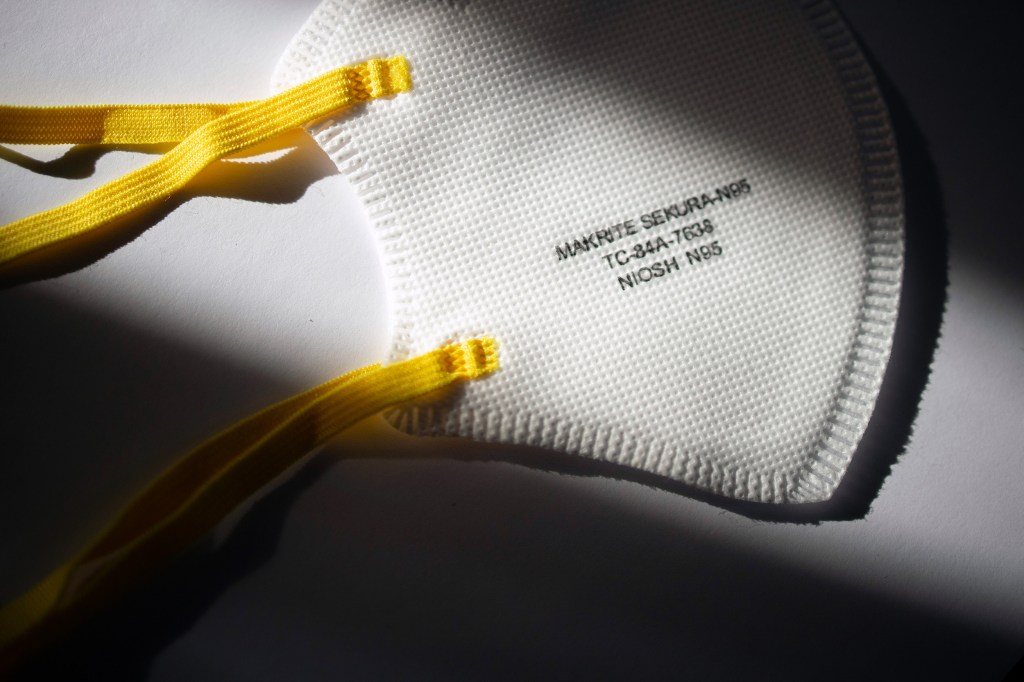
-
How COVID experiences will reshape the workplace
As organizations prepare for a return to their old workplaces, Harvard Business School faculty say the pandemic has permanently changed the way we work.
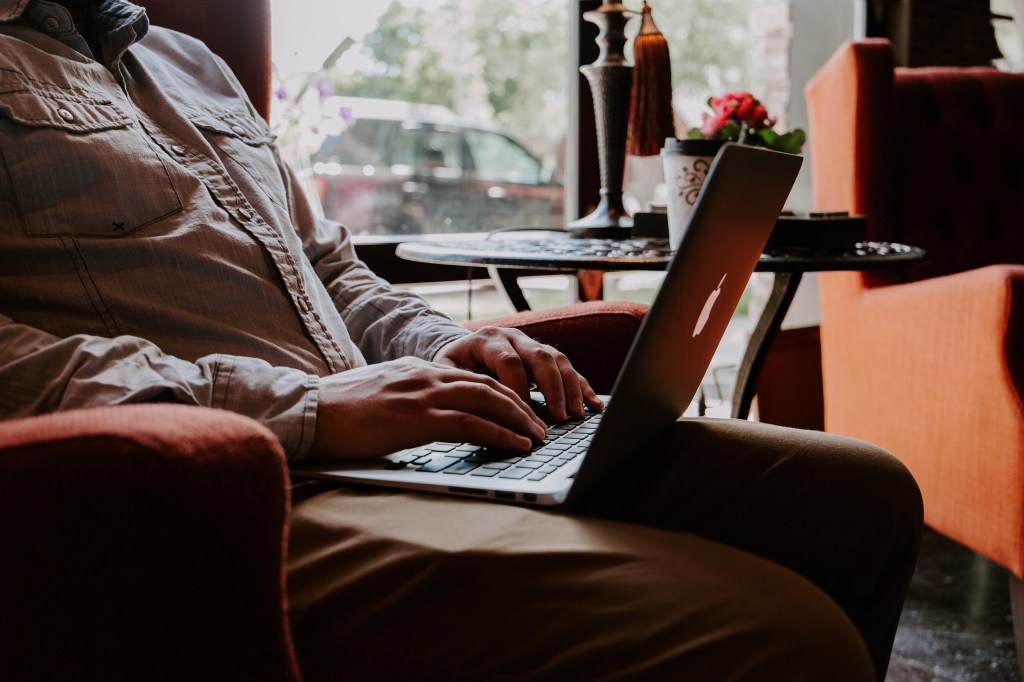
-
Newest vaccine emerges amid a ‘more complicated pandemic’
Harvard Medical School Professor Dan Barouch said the “complicated pandemic” means more work lies ahead.
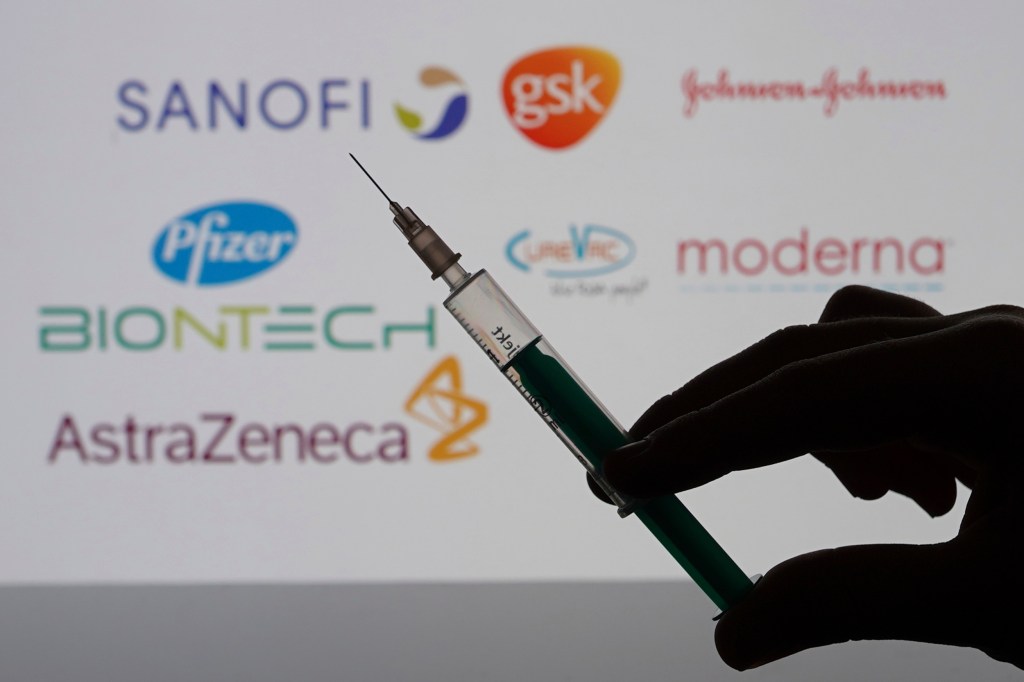
-
Pandemic pushes mental health to the breaking point
The coronavirus has had an unexpected mental health impact, striking hardest where its physical impacts are lowest: among youths and young adults.
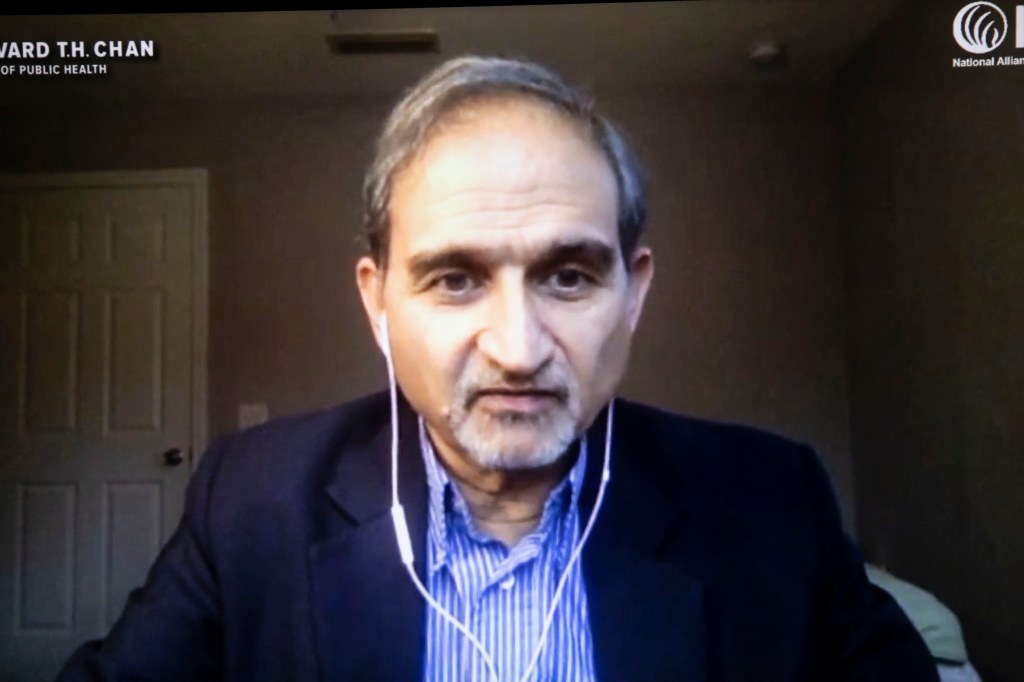
-
Immunologist says technology can keep up with COVID variants
Despite worries that a new coronavirus variant may be able to evade vaccines just being distributed, a Harvard public health expert expressed confidence in the same technology that produced the vaccines in record time.
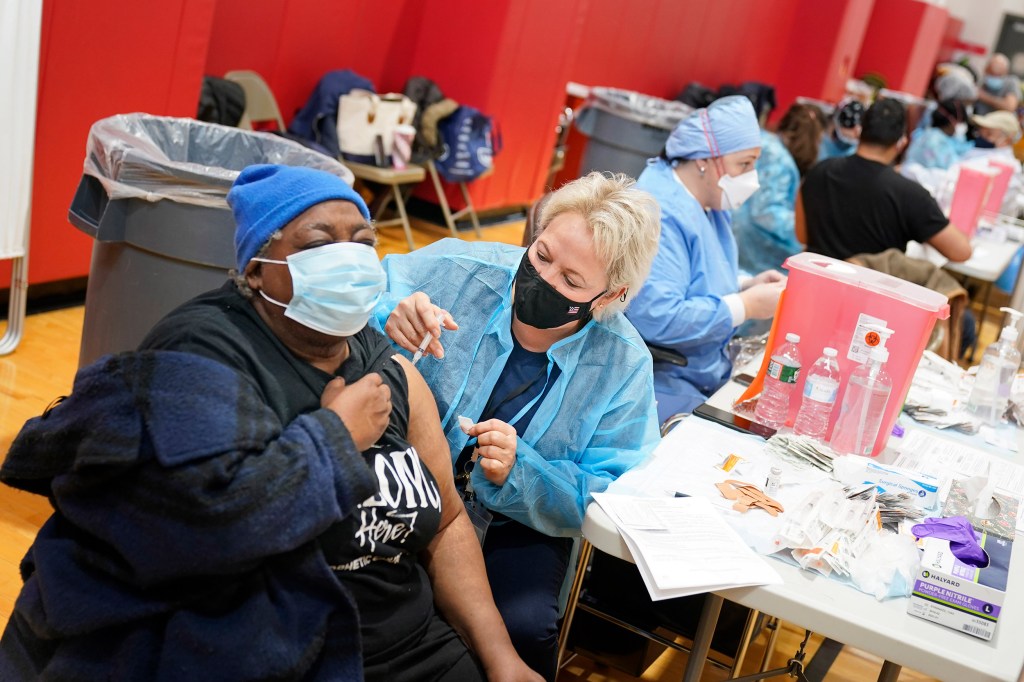
-
A safer return to campuses? There’s an app for that
Harvard researchers launched new disease-modeling app for colleges and universities.
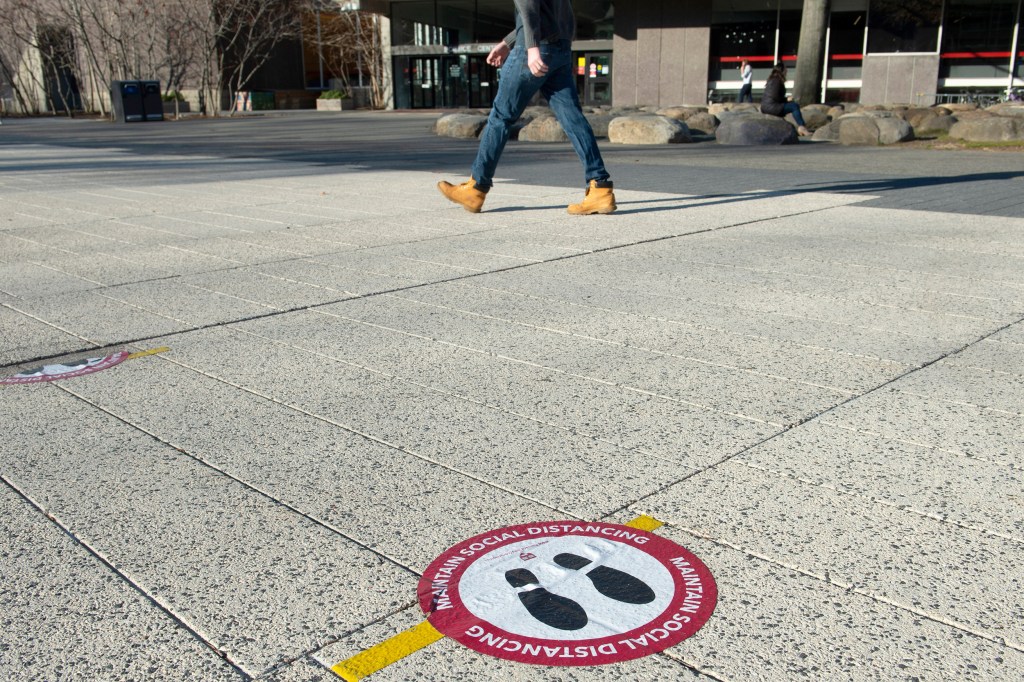
-
How Harvard is handling COVID vaccinations
The Gazette spoke with Giang Nguyen, executive director of Harvard University Health Services, about how the University prepared for the arrival of vaccine, where we are now in the process of vaccinating the Harvard community, and why it’s so important for everyone who is eligible to get vaccinated against COVID-19.

-
Lessons from teaching in COVID times
“Teaching and Learning at Harvard: Looking Back, Looking Forward” has Harvard deans looking at achievements and challenges from the past year.
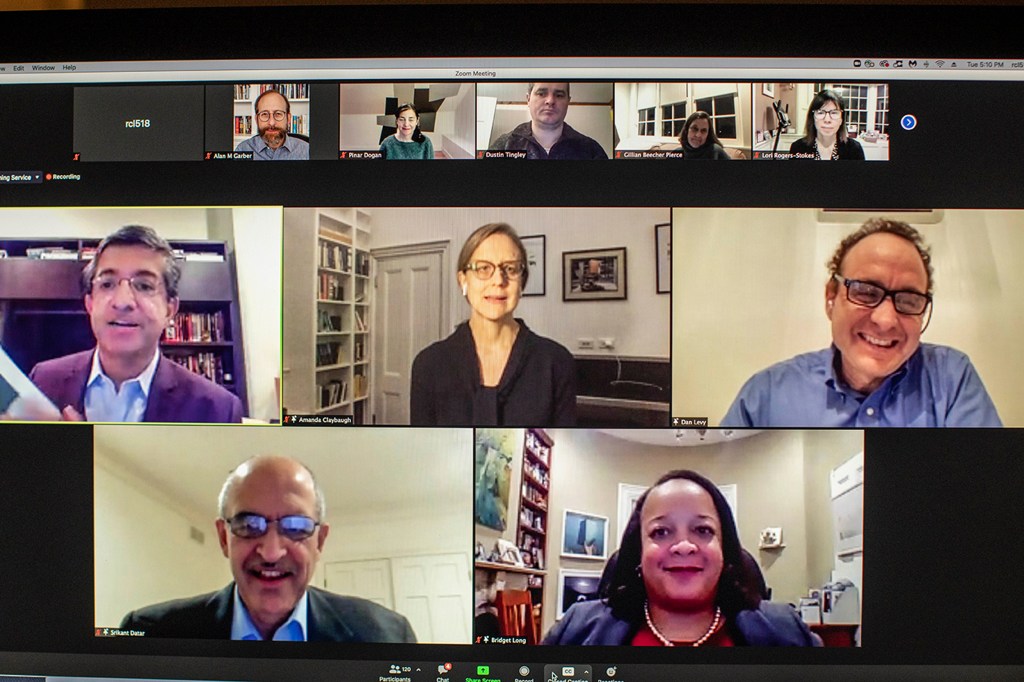
-
Highly infectious coronavirus variant dampens prospects for summer return to normal
Will the British variant’s transmissibility upset summer plans?
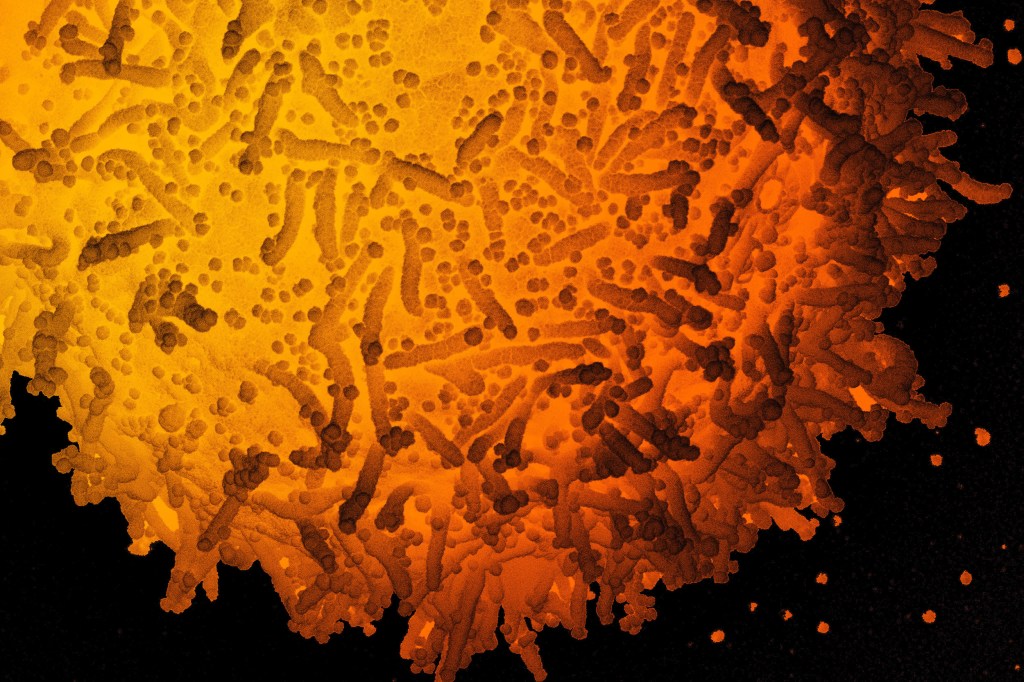
-
COVID-19 unmasked
A biology-based mathematical model indicates why COVID-19 outcomes vary widely and how therapy can be tailored to match the needs of specific patient groups.
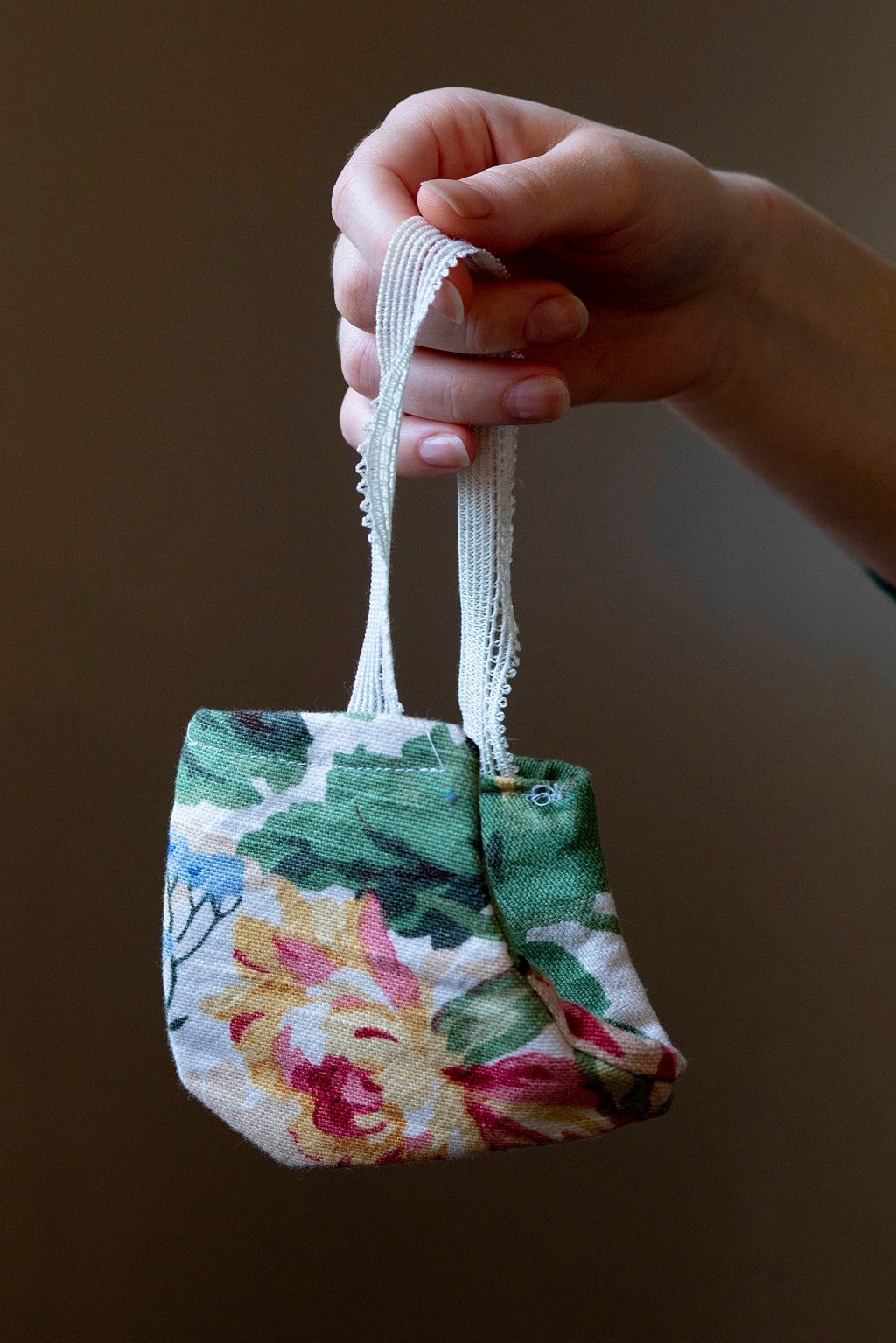
-
Pregnant women with COVID-19 may not pass virus to newborn, study suggests
A new study has found that pregnant women with COVID-19 do not pass the virus to newborns, however, they may pass fewer-than-expected antibodies to newborns.
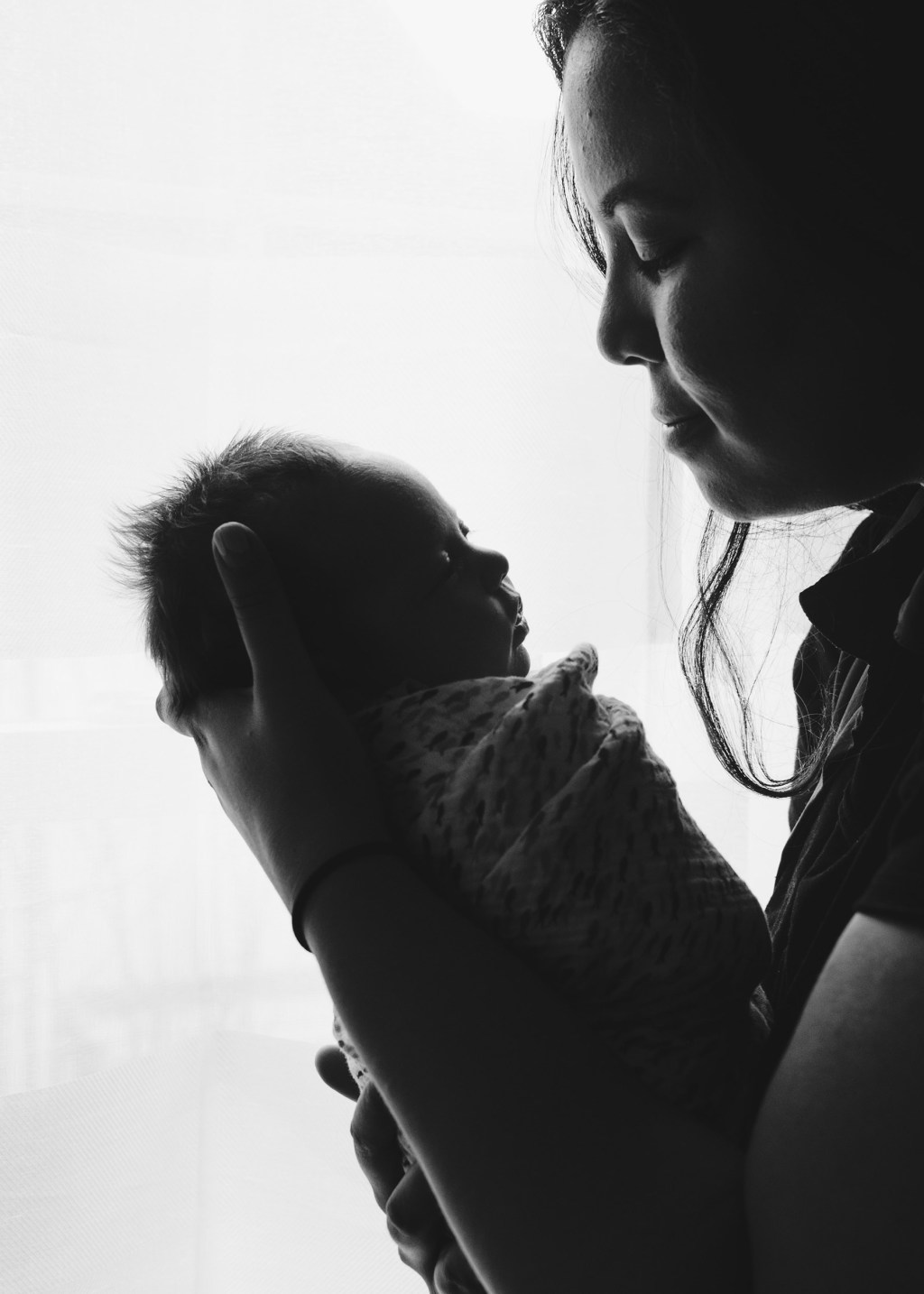
-
Here comes the sun
Seasonal changes in UV may alter the spread of COVID but not as much as social distancing.
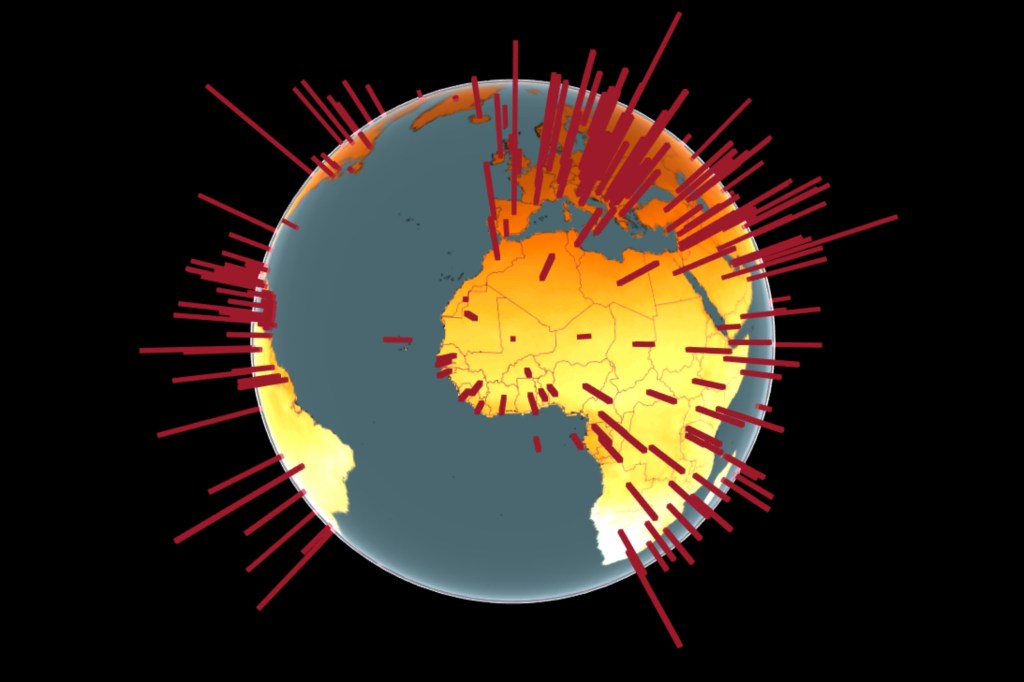
-
Fauci says herd immunity possible by fall, ‘normality’ by end of 2021
Fauci predicted herd immunity by next fall and “normality” by 2021’s end, as long as enough people get vaccinated to bring the pandemic to an end.
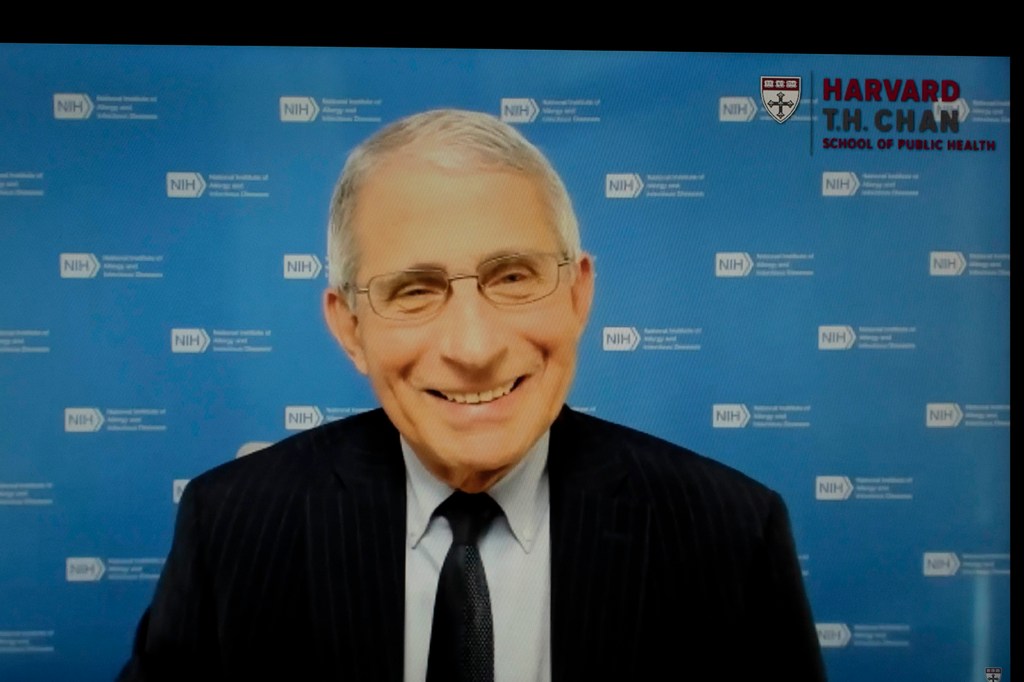
-
Will there be a serious post-Thanksgiving COVID surge?
Evidence of a post-Thanksgiving surge should be emerging this week, a Harvard epidemiologist said, advising people who gathered together to get tested or assume they’re infected.
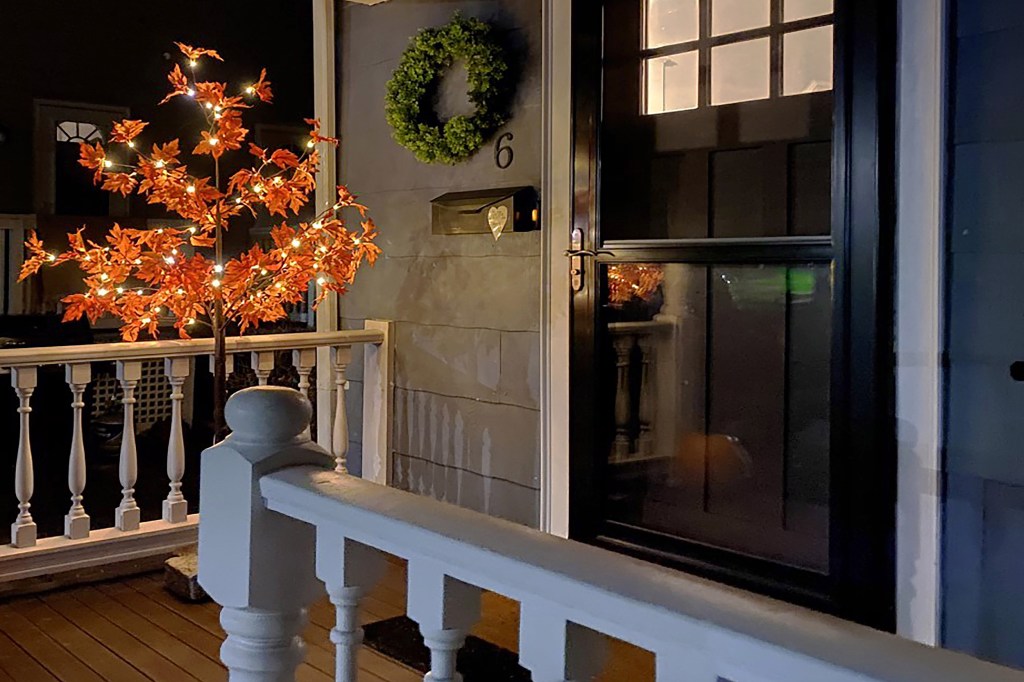
-
Live tracker notes COVID cases, deaths by congressional districts
The Harvard Center for Population and Development Studies and Center for Geographic Analysis worked with Microsoft to create a live tracker that monitors the status of COVID cases, broken down by congressional district, to help officials develop testing and vaccine deployment strategies in their areas.
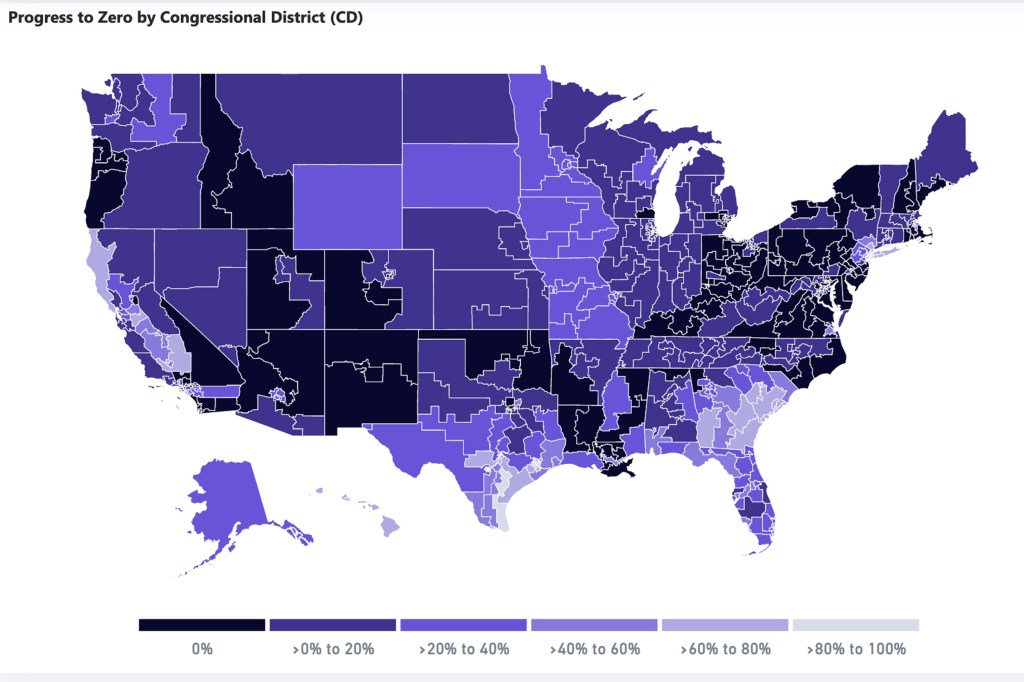
-
U.S. failed to control pandemic, but vaccination provides ‘chance to get next phase right’
Experts said the complex rollout of a coronavirus vaccine gives the U.S. a chance for a win after the virus gained the upper hand in its initial phase.
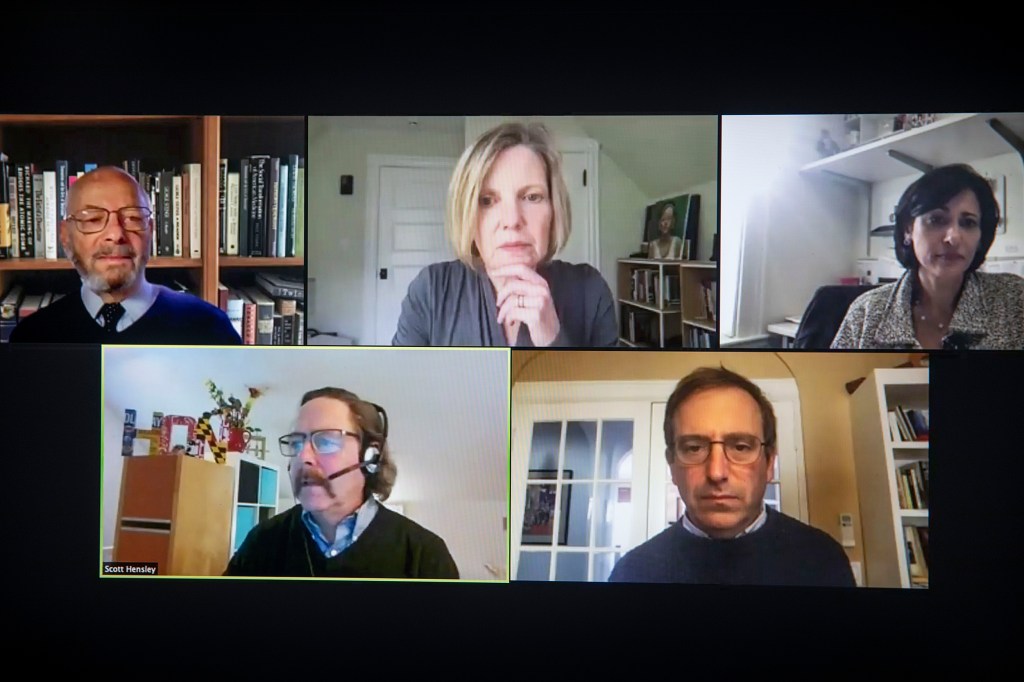
-
Talking pandemic across borders
Two Harvard alumni created the Bridging Borders Project to assemble the perspectives of world leaders and exchange health policy ideas about the pandemic.
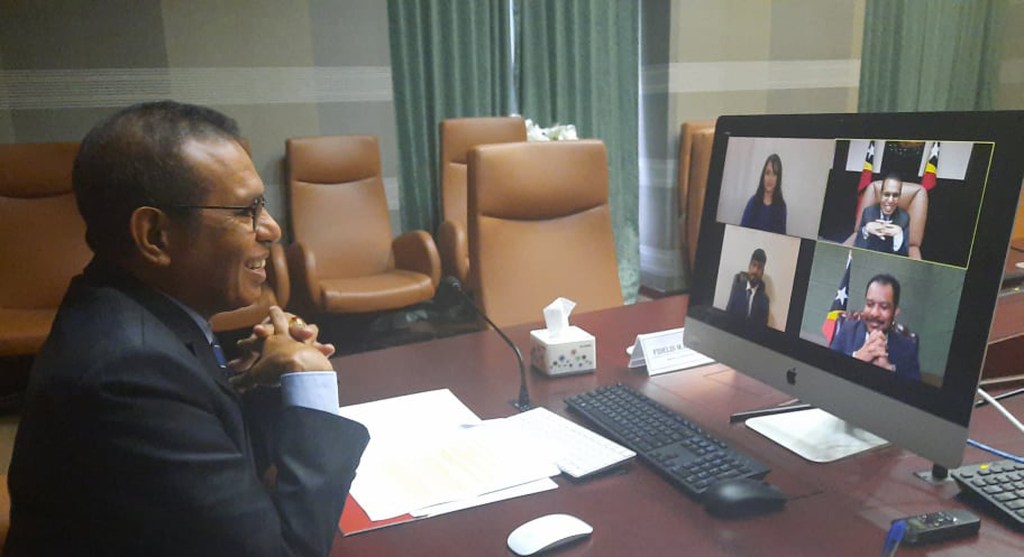
-
‘A terrific first start’
Barry Bloom from the Harvard T.H. Chan School of Public Health offers context about the news that two experimental vaccines appear to confer a high level of protection from the coronavirus.
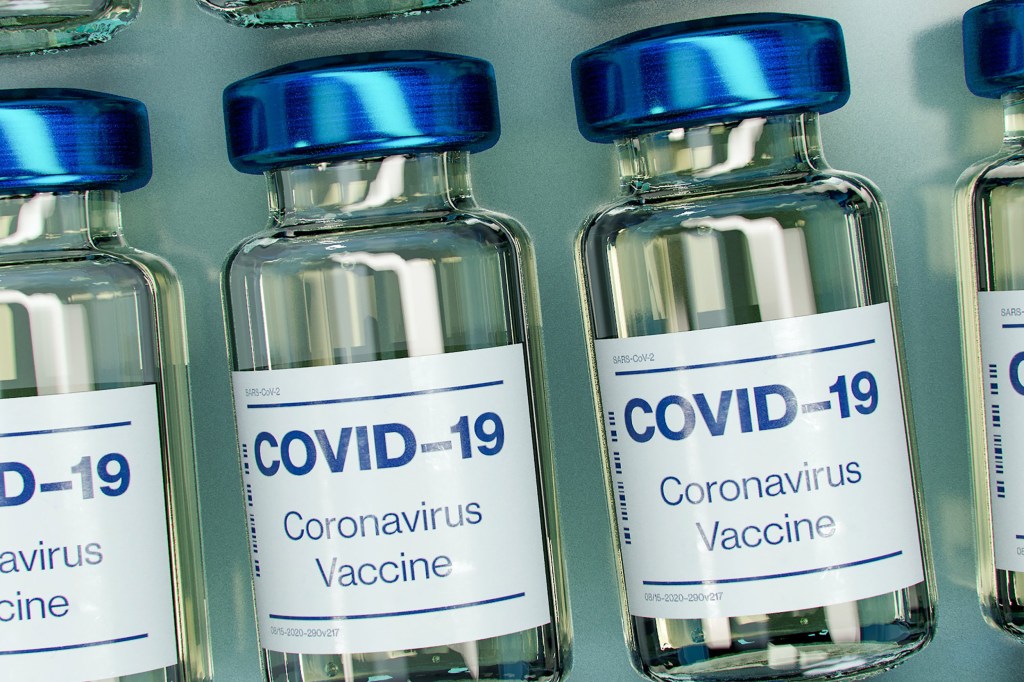
-
Have yourself a happy, healthy pandemic Thanksgiving
Harvard psychiatric epidemiologist Karestan Koenen said acknowledging that this Thanksgiving will be hard is a first step toward a meaningful holiday.

-
Early details of brain damage in COVID-19 patients
Massachusetts General Hospital researchers examined six patients using a specialized magnetic resonance technique and found that COVID-19 patients with neurological symptoms show some of the same metabolic disturbances in the brain as patients who have suffered oxygen deprivation from other causes.
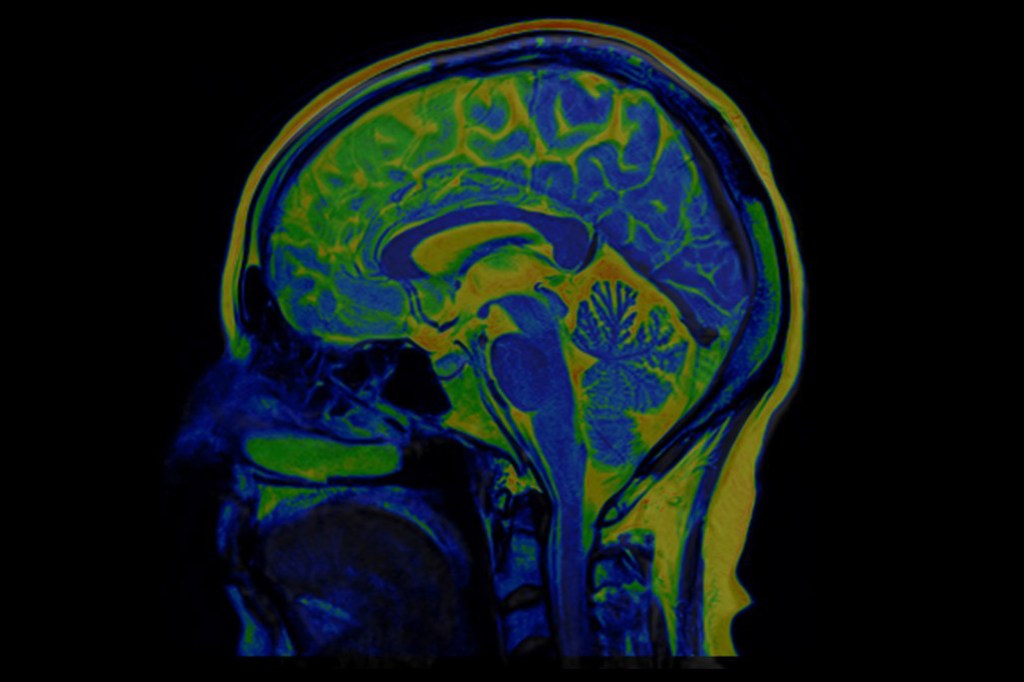
-
Antibody evolution may predict COVID-19 outcomes
For COVID-19, the difference between surviving and not surviving severe disease may be due to the quality, not the quantity, of the patients’ antibody development and response, suggests a new study.
